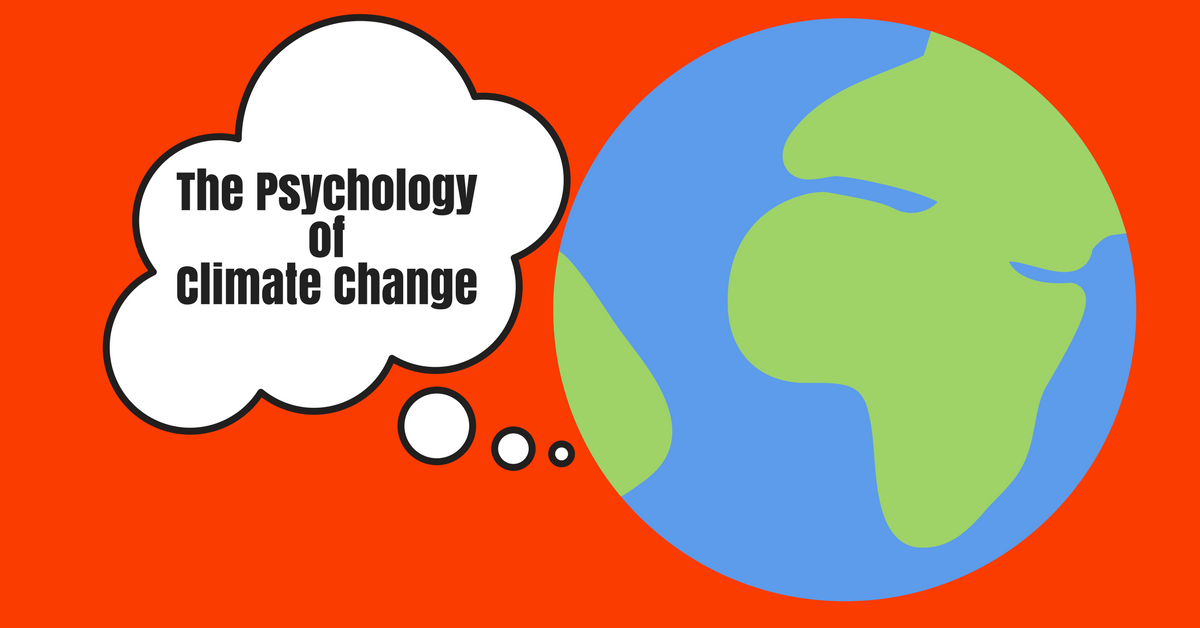CAC Climate Blog #1

The United States is experiencing a period of unusually warm temperatures. The year 2017 is off to the warmest start since the beginning of weather recordings, putting this year on a path to break all previous records. Though, 2016 did that too. And so did 2015. In fact, since 2014, every year has broken the record for being the warmest since these trackings began. Global warming, according to the vast majority of climate scientists, is causing this trend. Just recently a group of climate experts from MIT (Massachusetts Institute of Technology) published a study concluding that climate change has had a substantial effect on recent extreme weather events, such as the historic flooding in Texas almost exactly a year ago.
Despite the overwhelming scientific consensus based on hard evidence that changing climate is real, some Americans still don’t believe in climate change or have serious doubts about it. A recent study by Yale University asked people across the United States about their views on global warming. The study revealed that an estimated 30% of Americans still do not believe climate change is real and about half of the adults in the US are not even alarmed or concerned about the issue. This willful blindness seems hard to understand, especially since the number climate-related disasters—from heat waves to catastrophic floods—has more than tripled since 1980 affecting people all over the country. Why is it so hard for many in the U.S. to believe that climate change is real, when so many climate experts agree that the impact is likely devastating?
Like any big problem, humans struggle to solve, climate change has a lot to do with psychology. Anthony Leiserowitz, head of Yale University’s Program on Climate Change Communication, stated in a recently-released video: “I like to say that climate change is the policy problem from hell. You almost couldn’t design a worse problem as a fit with our underlying psychology, or the ways our institutions make decisions.”
What does Leiserowitz mean?
First, climate change feels and seems very far away in the future. It doesn’t really seem to pose an immediate threat to us. Our brain is mainly responsive—and quick to boot—when faced with clearly visible and immediate threats. As former hunters and gatherers, this ability to respond to the danger we can sense is upon us is a skill we honed for hundred millions of years—and it’s what enabled our species to survive. Reacting within milliseconds to avoid a car crash or to duck when something is speeding towards us is something we are instinctively good at. But knowing how to react now to something which will happen many years from now, is fairly new to us.
Furthermore, when it comes to climate change, even the physical elements of the changes we see over time are not like those we’re used to having to react to. Our brains are incredibly sensitive to quickly alternating elements such as light, temperature or sound. Climate is often confused with the weather but they two are separate things. Weather change is when a day goes from rain to the sun within minutes or hours, or when it’s hot at one point of the day and then a few hours later, you throw on a hoody to brace against a chill. Climate change is a very slow, almost imperceptibly so. It is a moving threat that evolves over multiple decades and thus is basically invisible to our brains.
Climate change may lay in the scientific sphere, but psychology can help explain why humans have trouble grasping climate change and why we aren’t taking more concrete steps to address the problem. Unfortunately, psychology doesn’t give us a clear roadmap for how to get society as a whole to grapple with this issue, sooner rather than later. What we do know is that climate change is a problem that can no longer be left to future generations. We now know fairly accurately how to predict the timing and location of dangers before they actually happen. So we need to keep working on confronting both challenges of climate and human psychology upon us. We must keep seeking ways to motivate a critical mass of people to realize that our generation will pay for climate change sooner or later and that it is smarter to act while we still have the widest range of alternatives instead of waiting until our options become increasingly limited, while the impact grows.
This is the first in a series of blogs about climate change and how it impacts our lives. We will explore the questions and issues related to climate change that aren’t normally discussed by politicians or the scientific community. To make sure you don’t miss any posts, sign up for the Council’s newsletter or follow us on Facebook and Twitter.

